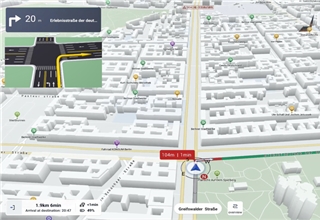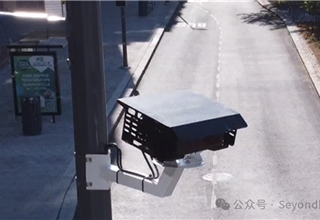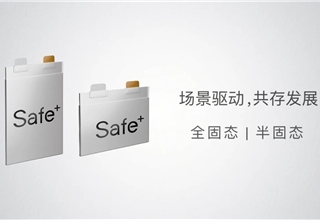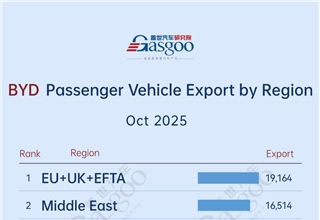Petrol stations in at least three major Chinese coastal cities were rationing diesel last Thursday, drivers said, causing long queues of trucks and reviving the spectre of bigger fuel shortages that could stir discontent.
The shortages have worsened since last week, when stations in at least five provinces ran out of stock before the day ended, but have not yet reached the fever pitch of last October.
China has been plagued by sporadic shortages and rationing for several years, usually blamed on its big state oil companies holding back supplies to avoid losses by selling gasoline and diesel at artificially low domestic market prices in the face of rapidly escallating imported crude costs.
However the latest bout of shortages come at a time of record high diesel and gasoline imports and the commissioning of a new refinery, suggesting that oil firms may not be willfully withholding supplies from the market.
The shortages began a fortnight ago and by Thursday reached major cities like Shanghai, Beijing, Guangzhou and Ningbo.
"Normally we have to start queuing at seven or eight in the morning. If you are lucky you get your fill by five or six in the afternoon but only 500 to 1,000 yuan worth," said driver Lai Jianwei from eastern Ningbo, a container tanker hub and also site of the country's largest oil refinery.
That's about 100-200 litres of diesel. A regular 5-tonne truck needs 300 litres for a full tank.
If the shortages do trace back to oil companies curbing supplies, they could pressure Beijing into taking steps to help boost profits for top refiner Sinopec Corp. and rival PetroChina -- either by easing off a windfall tax on upstream production, as many expect, or by raising retail prices.
China hasn't increased gasoline or diesel pump prices since last November, when it was forced to hike rates by 10 percent. World crude prices have risen nearly 40 perent since then.
But policymakers are now intent on fighting inflation, running at near 12-year high, and are anxious to avoid provoking any unrest ahead of the summer Olympics, making them likely to resist a price increase until after August, analysts say.
TRUCK QUEUES
Some 80 trucks lined up for nearly two kilometres in downtown Ningbo on Thursday, while traffic police maintained order to avoid jams at main roads, said Lai.
Rationing along the Ningbo-Fuzhou highway was more serious as petrol stations limited sales to 200-300 yuan per visit, forcing lorries to make multiple stops to complete their journey, said Lai, who regularly plies that route.
A worker at a Sinopec Corp station on the Nanjing-Hanzhou highway, a key line on the east coast, said his kiosk gets a daily supply of 10,000 litres, enough for only about 30 trucks to fill up.
A Shanghai driver surnamed Yao reported similar rationing at outskirts of the metropolis while many retailers in the financial hub had run out of diesel.
While frustrated drivers like Lai questioned why state-run refiner Sinopec Corp and PetroChina can't provide enough fuel, two Sinopec officials told Reuters that the refiner was maintaining regular supplies to its retail networks.
Beijing sets ex-refinery and retail prices for gasoline and diesel and enforces these rigidly through its web of local pricing agencies.
But it leaves wholesale prices -- rates that the oil duopoly quote to bulk users like aluminium smelters and logistics firms -- untouched, giving the two giants enormous market power.
Wholesale prices have soared to 7,680 yuan per tonne ($1,107) in Ningbo and 7,900 yuan in eastern Shandong province, endusers said, nearly a third above the state-set retail ceiling, offering huge incentives for firms to sell more on a wholesale basis.









